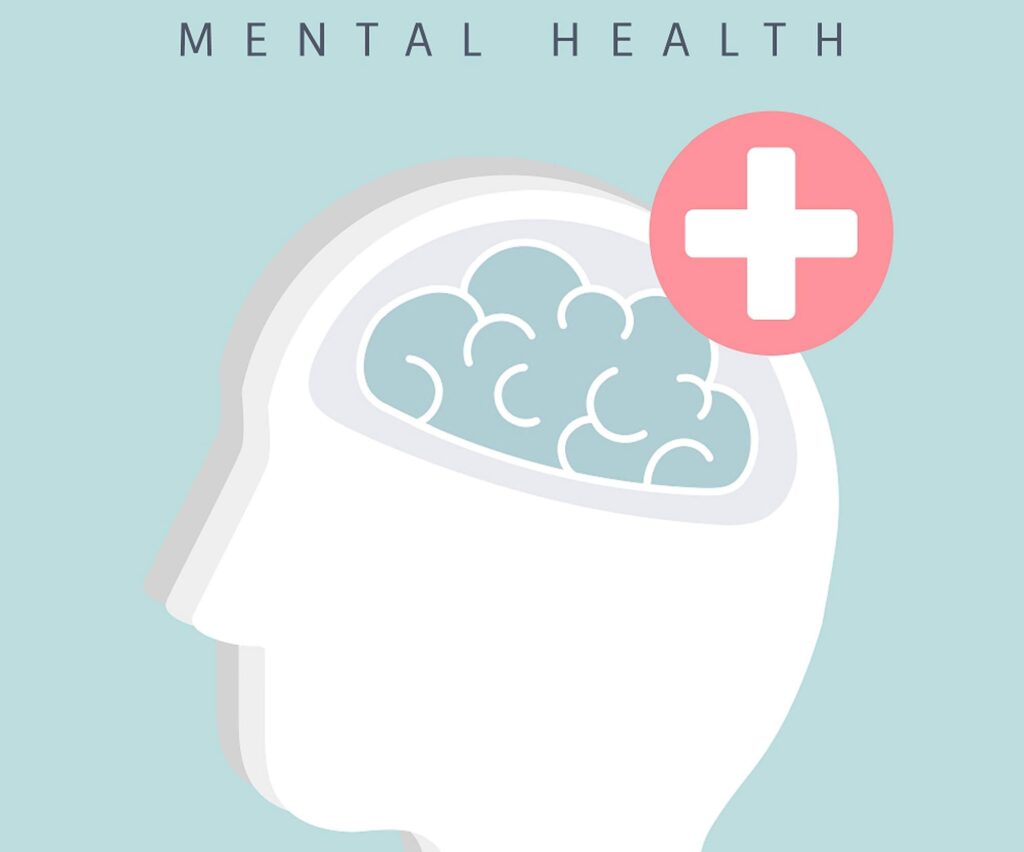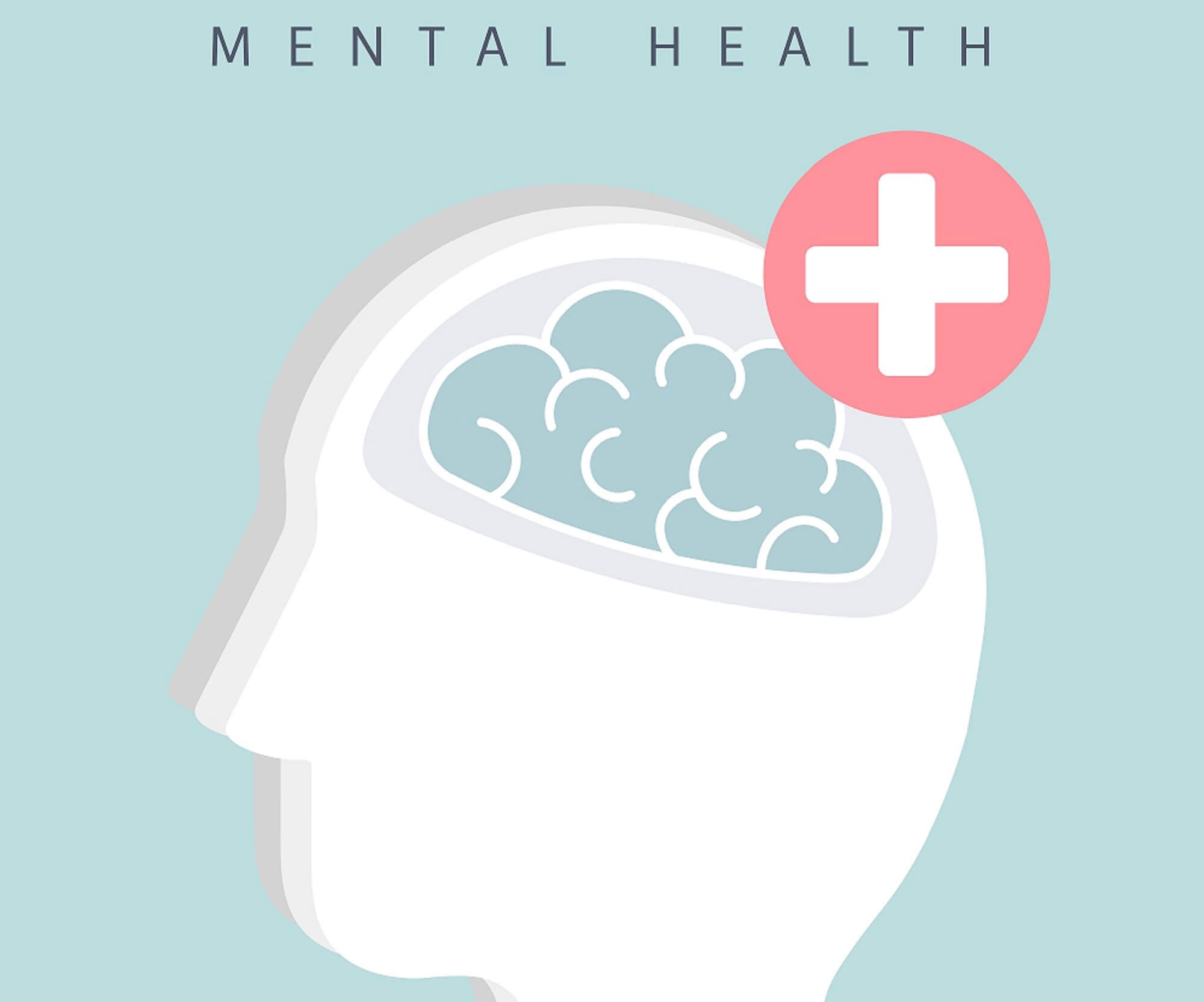
Do you think that journaling is a good idea when it comes to maintaining a healthy perspective on life?
As it turns out, keeping a journal can actually help you improve your mental health and it can make you feel better about the places your life is headed. You might be surprised at first, but if you’re willing to give it a try for just a couple of weeks, you’ll likely start to notice a major difference in the way you feel about things.
There are a number of reasons why journaling can help improve your mental health, not the least of which include giving you an opportunity to get your feelings out in the open. One of the biggest reasons that people often struggle with mental health involves the idea that they have to be strong for everyone else. As a result, they don’t show the emotion that they’re actually feeling.
Instead, people have a tendency to sweep those emotions under the rug and act like everything is fine, going through the motions on a daily basis. You may feel like you want to fall apart, yet you won’t allow yourself to even acknowledge those feelings, much less actually feel them. You might think that this works for a while, but when it’s all said and done, it hurts you and everybody around you.
Whether you realize it or not, those feelings changed the way that you think and feel about virtually everything else. You start to treat others differently and you start to feel differently about the world around you. Before you know it, you can have a very big problem on your hands that ties directly to something that you never chose to deal with in your past.
Words are powerful, and journaling can solve many of these problems by giving you an opportunity to get those feelings out in the open without the potential embarrassment that comes with saying things you’d rather not say to the people around you.
The key point involved in journaling is that you have the chance to say anything that you need to say. You don’t have to worry about anyone else reading this so you can say whatever is on your mind without fear of repercussions in your relationships or anything else that might hold you back.
Be honest with yourself and write exactly how you feel. If you’re angry, say so. If you feel broken and you’re struggling to get out of bed and get dressed on a daily basis, write it down. It might feel like a chore, and in fact, it probably will feel like a chore at first. Before you know it, you start to feel better because you’re giving those feelings some acknowledgment and you’re allowing them to have a place where they can be safely experienced.
Once you gain a little experience with journaling, you’re likely to start noticing how much better you feel after you write these types of entries. If necessary, go somewhere where no one else can hear you and read them out loud as an added measure of getting those feelings out in the open.
Keep in mind, though, that journaling doesn’t just have to involve negative feelings. It’s perfectly fine to write things down that make you feel over the moon. Write down your accomplishments or be sure to create an entry when you’ve had an especially good day. All you have to do is honestly record what you’re feeling and why you feel that way. You may find that you want to journal on a daily basis as a means of keeping your feelings in check and so that you can go back and look at it later on in order to see how much you have grown as a human being. Others find that they prefer to journal only when they’re feeling intense emotions, regardless of whether those emotions are happy or sad.
At the end of the day, you are journaling for yourself. It’s a way of improving your mental health by being honest about your emotions and checking in with yourself. Otherwise, it’s easy to get lost in the hustle and bustle of daily life, even to the point of forgetting how you feel about certain things. Journaling gives you an opportunity to keep an eye on your mental health and get ahead of potential issues before they get the best of you.
